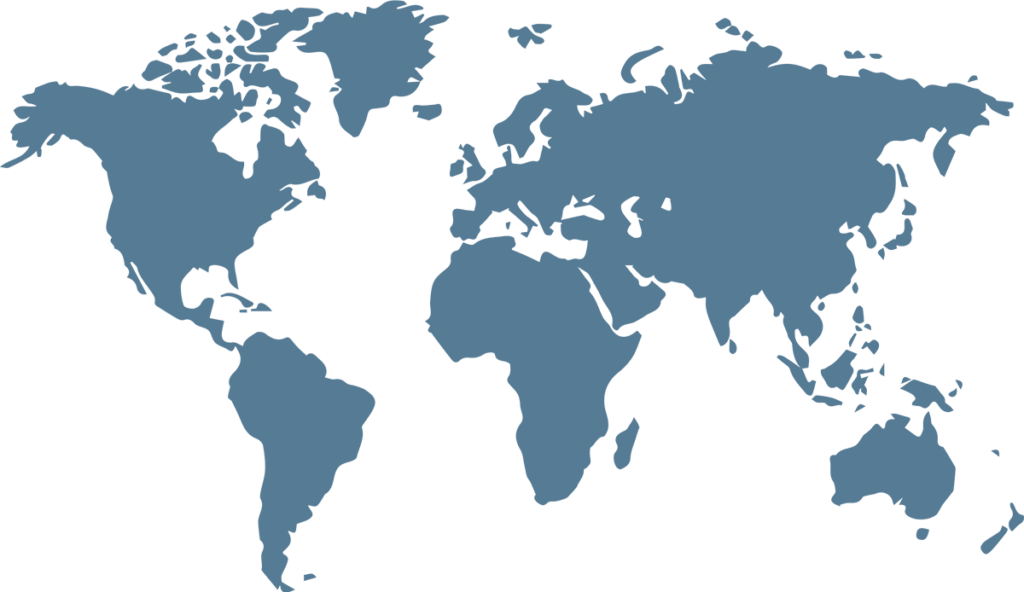By Steve Beel, DFID Zambia.
Zambia’s aviation sector is at a crossroads – Government plans to revive the national airline through a partnership with Ethiopian Airlines are poised to shake up the sector in a way not seen for years. If implemented well, this could deliver greater connectivity and competition to drive lower prices. But lessons from other countries, as several other local commentators have pointed out, suggest that the risk of a national airline becoming a drain on scarce financial resources must be uppermost in the Government’s mind.
The UK in Zambia recognise that if the aviation market is failing to provide the capacity that the country needs then direct Government intervention is one option. And it is certainly true that for a country that is land-locked and has high ambitions for increasing tourism and foreign investment, high quality air connectivity is an important enabler. For many UK and Zambian citizens, the ending of the direct British Airways link to London a few years ago has provided a clear indication of the costs and inconvenience resulting from lesser connectivity – one which many of us would gladly reverse if we could!
But the aviation sector is highly competitive and cost sensitive and so to make it truly customer-centric and successful it’s important that Government focus on a number of wider aspects to ensure that investment in air capacity is aligned to increasing economic growth – in parallel this will help manage the risks that airline investment will not produce the economic returns hoped for.
Firstly, a key barrier to airline services remains the slow progress across Africa to liberalise the air sector. Liberalisation reduces the costs and complexity that airlines face in developing their businesses and networks – it has been the means of rapidly expanding air travel in all other parts of the world. Zambia can therefore go further in joining with other nations to reduce unnecessary barriers and give wings to airline expansion – this might include reviewing tax policies and the charges different actors face to ensure they are equitable and create the right investment incentives – but might also include freeing up restrictions on certain routes to allow airlines to expand. Government giving further consideration to joining the 23 other African states already signed up to creating a single aviation market would be a key step.
Secondly, while air capacity is one factor holding back tourism growth in Zambia, our analysis suggests it is the overall tourism offer, and some of the regulation and costs involved in that sector, that is the most important single factor. A priority for Government and industry should be to develop a strategy that links aviation and tourism – and which also focuses on reducing regulation so the tourism industry can better respond to the wide variety of demand it faces – this would help open up Zambia as a tourist destination to a far wider range of potential customers, maximising income and jobs for the country as a result. With Zambia recognised as a safe and stable holiday destination it would be a real missed opportunity not to make this happen.
Thirdly, the revival of a national airline needs to be handled carefully to introduce greater competition to expand access and reduce costs, but avoid crowding out existing private sector players – it will be counter-productive if existing private sector players, both domestic and international, reduce their offer as a result. This is in no-one’s interest.
Fourthly, some basic aviation costs remain too high in Zambia. This was one of the reasons cited by European airlines previously stopping services to Zambia, as pressure to serve other routes grew. For example, whilst new airport capacity is welcome, ensuring this is managed efficiently, possibly through greater involvement of the private sector and international specialists in service delivery, will provide a better experience for passengers and improve the bottom line for airlines – both of which will increase viability of the sector.
Finally, both to take advantage of and enable aviation growth, Government and industry need to focus on training and skills. This extends into the associated service sectors too. Certainly, a positive side-effect of a tie-up with Ethiopian Airlines would be a focus on developing skills of the workforce in Zambia and enabling Zambia to become a regional hub for the aviation sector.
As strong supporters of Zambia, the UK wants to see a vibrant aviation sector that can be an enabler of economic development and poverty reduction. Investing in new airline capacity is one step the Government have already prioritised. Ensuring the overall economic benefits are clearly understood and that there is a clear exit strategy in case things do not go the way envisaged are both vital to mitigate the very real risks involved. However, focusing equally on the broader business operating environment will help ensure the entire aviation sector is better able to deliver the services that Zambia needs, whilst also helping to mitigate the downside risks that other national airline projects have been exposed to.
More information on research we commissioned on the aviation sector in Zambia can be found at
http://businessenvironmentreform.co.uk/pub…/country-reports/
Steve Beel – Head of Economic Growth, DFID Zambia. He has 20 years of experience in infrastructure, economic development and economic regulation in UK, Asia, Middle East and Africa, particularly in the transportation and energy sectors. DFID is the UK’s development arm. Within DFID Zambia Steve oversees their economic growth team, with a particular focus on infrastructure, energy and the business environment

